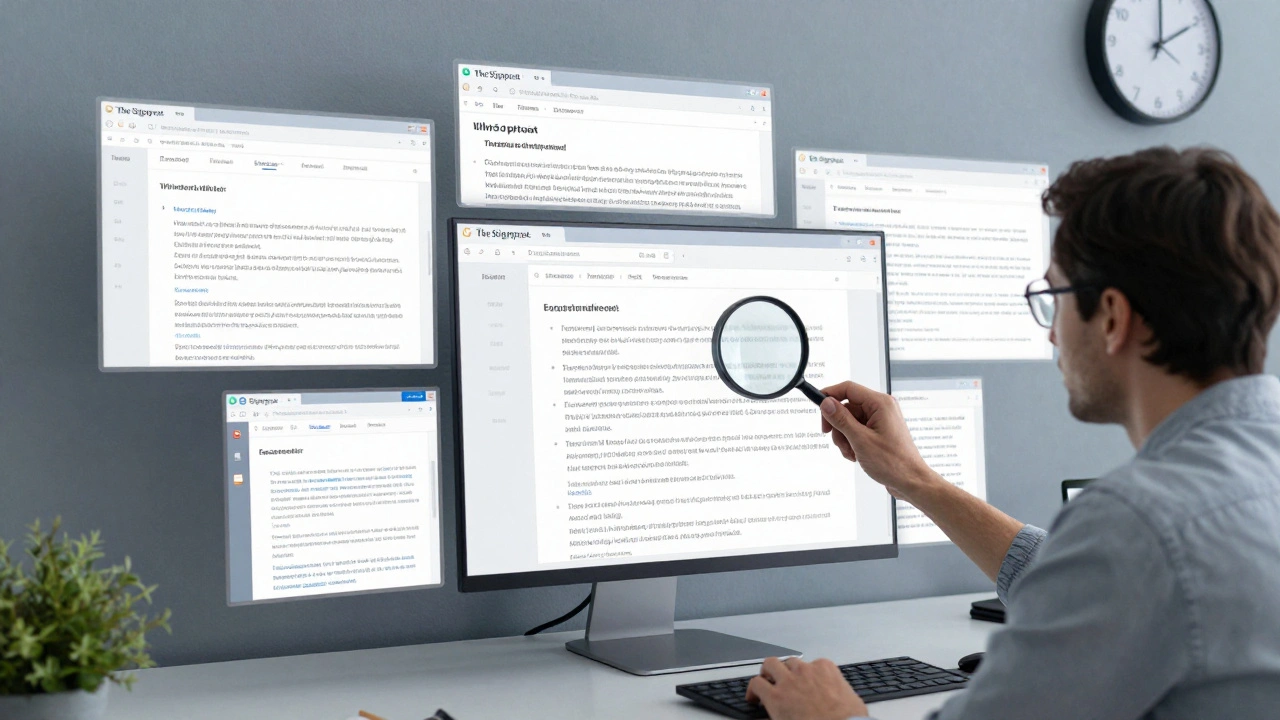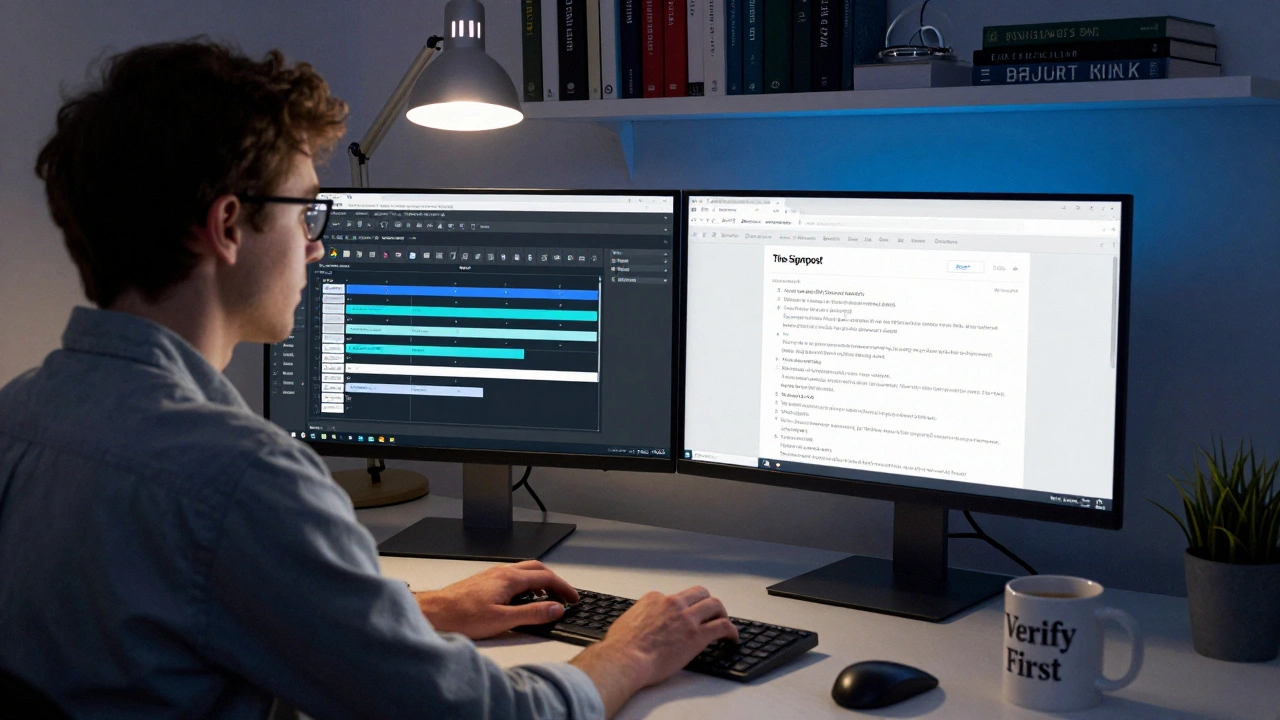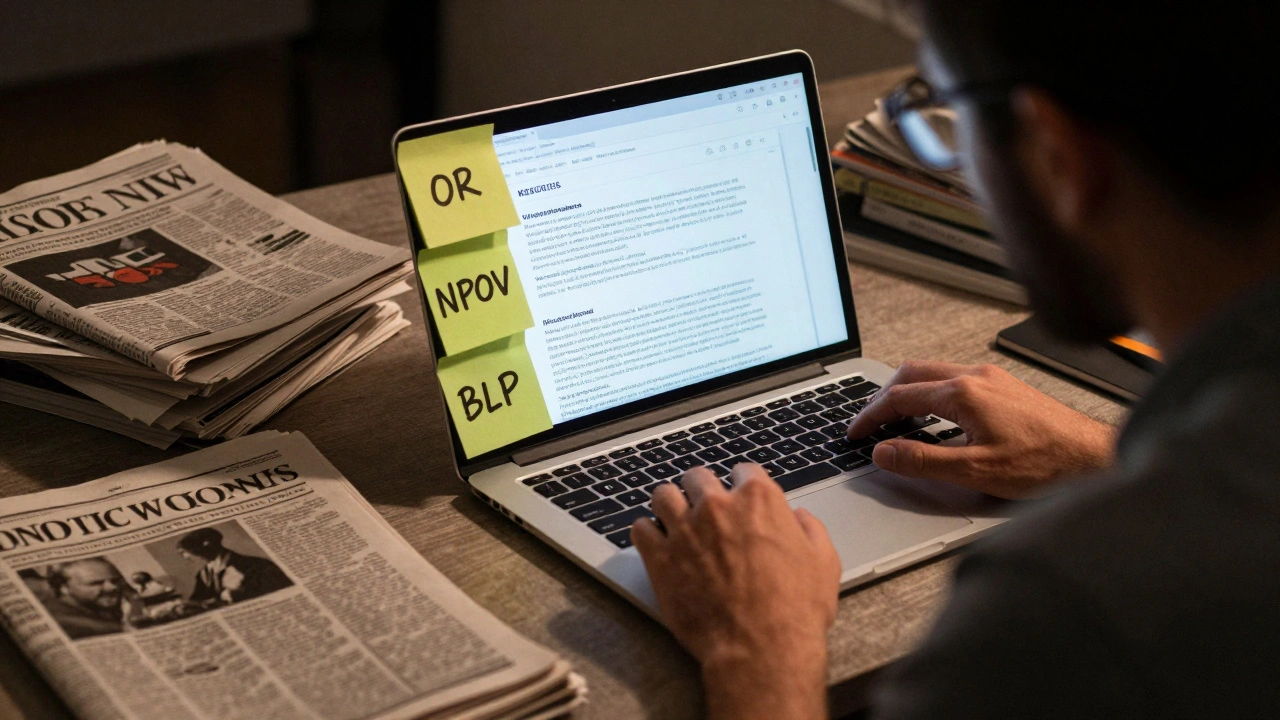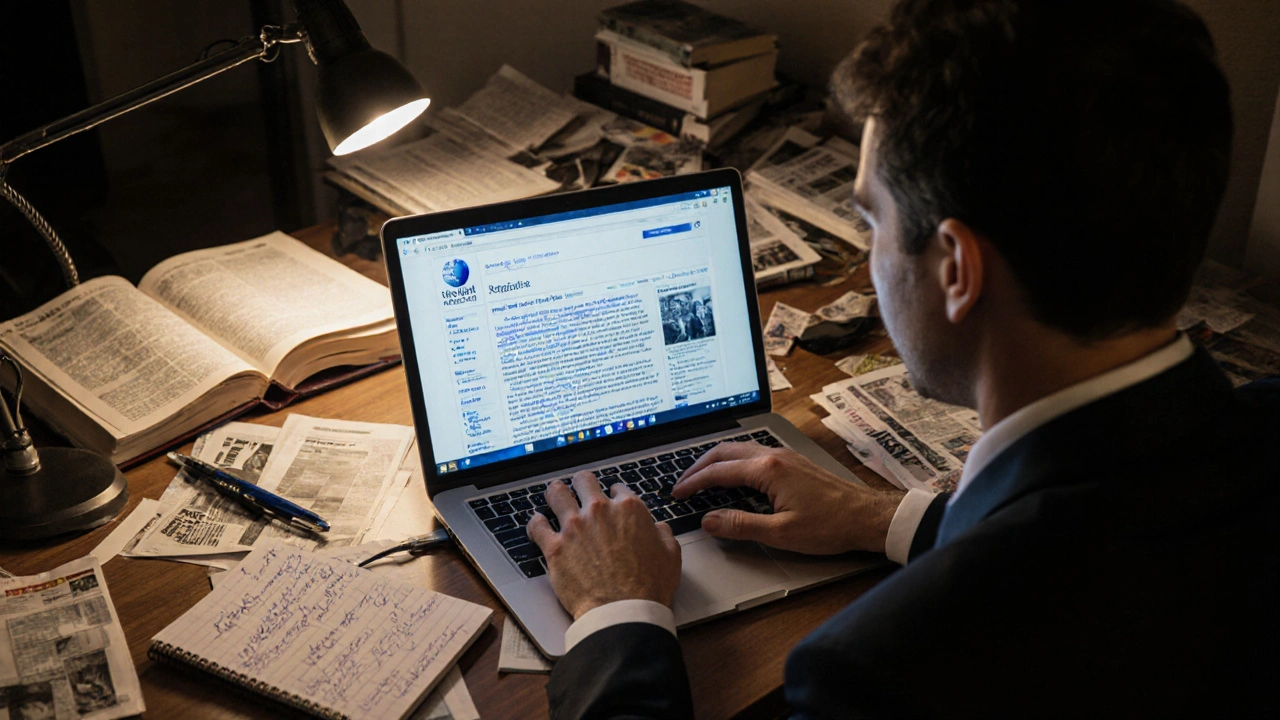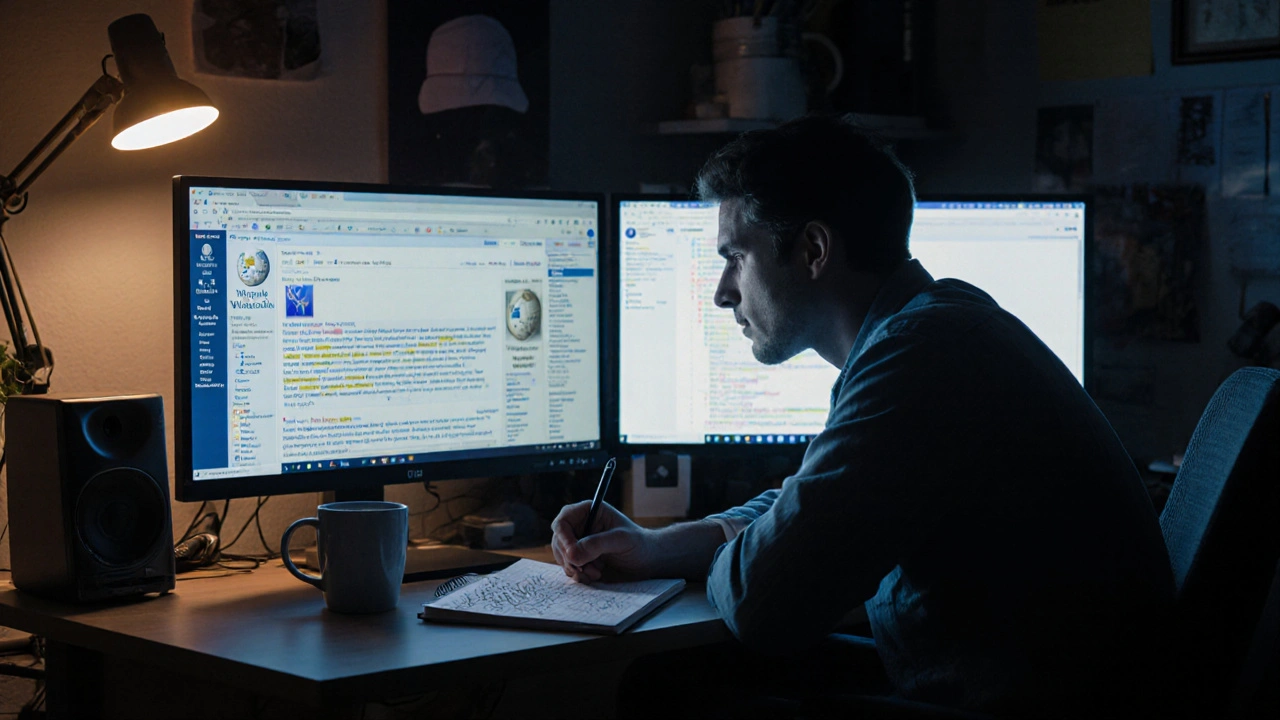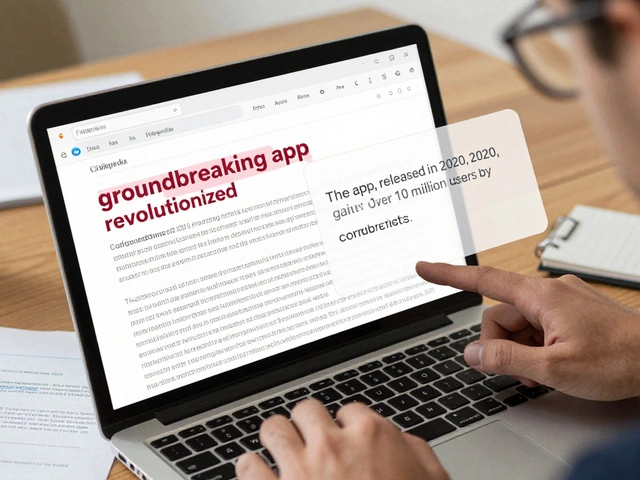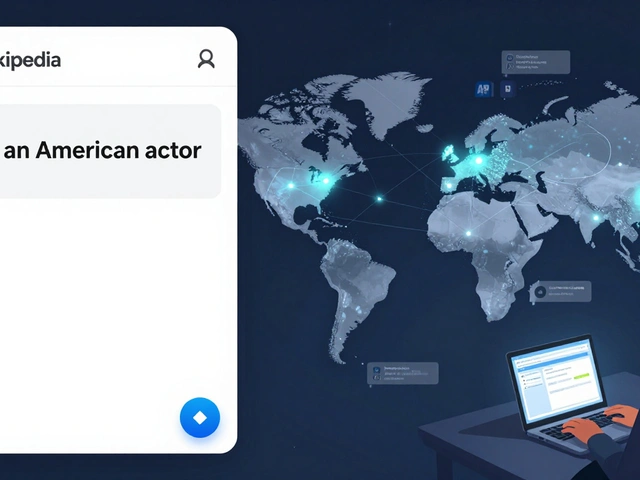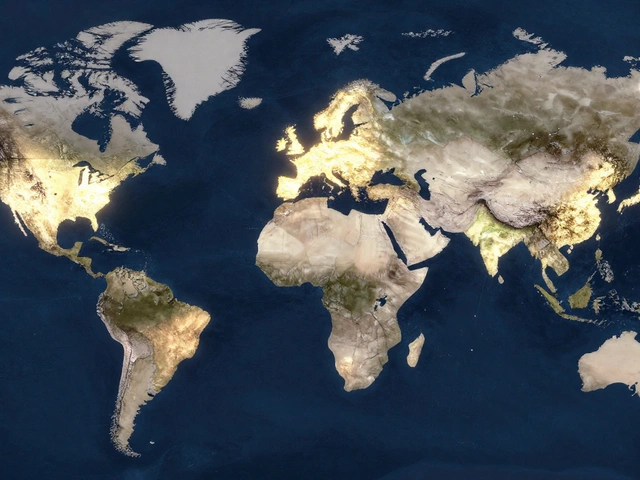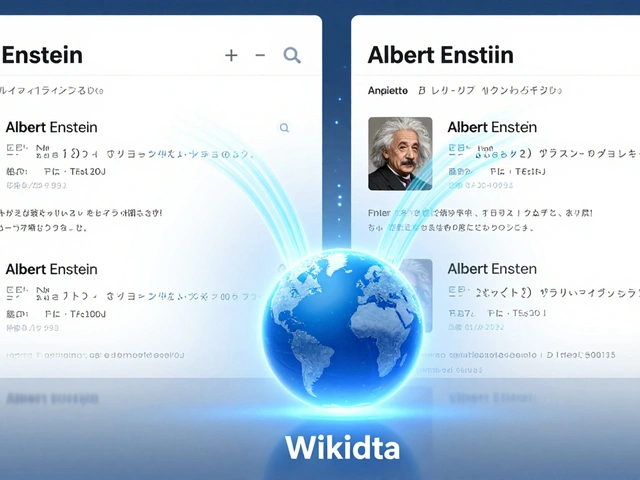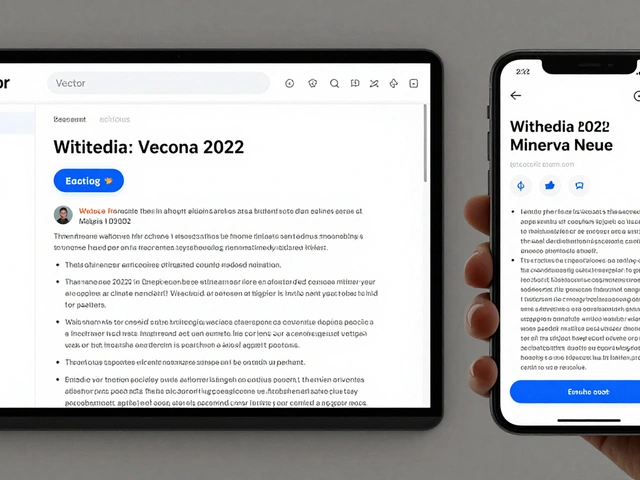Wikipedia journalism: How open knowledge shapes modern reporting
When journalists talk about Wikipedia journalism, the practice of using Wikipedia as a research tool to verify facts, trace sources, and uncover context before publishing. Also known as Wikipedia-assisted reporting, it's not about quoting Wikipedia—it's about using its citations to find the real sources behind the news. This isn’t guesswork. It’s a method used daily by reporters at major outlets who know that Wikipedia’s references often lead to peer-reviewed studies, government archives, or local newspaper reports that no search engine will surface easily.
Behind every Wikipedia article is a network of volunteer editors, dedicated contributors who verify claims, chase down sources, and fight misinformation. These aren’t amateurs—they’re librarians, academics, lawyers, and former journalists who treat every edit like a fact-check. That’s why reliable sources, secondary publications like peer-reviewed journals, established news outlets, and official reports that back up Wikipedia claims matter so much. When a journalist finds a citation on Wikipedia, they’re not trusting the encyclopedia—they’re trusting the people who made sure that citation actually supports the claim.
Wikipedia journalism also means understanding what fact-checking, the process of verifying claims against authoritative evidence, often using Wikipedia as a starting point to locate primary sources really looks like. It’s not about copying a quote. It’s about following the trail: from Wikipedia’s footnote, to the original article, to the interview transcript or data set behind it. That’s how you avoid repeating errors. That’s how you catch when an AI-generated summary misrepresents a study. And that’s why, despite all the hype around AI encyclopedias, real journalists still turn to Wikipedia first—it’s the only one where you can see who wrote it, why they wrote it, and what they based it on.
What you’ll find below isn’t a list of how to write Wikipedia articles. It’s a collection of real stories about how journalism and open knowledge collide: how reporters use Wikipedia to break stories, how editors defend truth against copyright takedowns, how volunteers train new contributors to spot bias, and why some of the most trusted facts online come from people who get paid nothing to keep them accurate.
The Signpost's Editorial Guidelines and Standards Explained
The Signpost is Wikipedia's community-run newspaper, reporting on edits, policies, and controversies with strict editorial standards. Learn how it maintains credibility, neutrality, and transparency without relying on paid staff or external funding.
Writing Guidelines for The Signpost: Style and Sourcing
Learn how to write for The Signpost, Wikipedia's community newspaper, with clear guidelines on style, sourcing, structure, and avoiding common mistakes. Essential reading for anyone documenting Wikipedia's inner workings.
What Wikipedia Tags Mean for Journalists: OR, NPOV, and BLP
Wikipedia's OR, NPOV, and BLP policies help journalists verify facts, avoid bias, and protect sources. Learn how to use Wikipedia responsibly as a research tool-not a source.
The Ethics of Using Wikipedia Content in Professional Journalism
Wikipedia is a quick reference for journalists, but using it as a source risks credibility. Learn how to ethically use Wikipedia for research without compromising journalistic integrity.
How The Signpost Chooses Stories About Wikipedia
The Signpost is Wikipedia's volunteer-run newspaper that reports on community decisions, policy changes, and editing trends-not headlines. Learn how stories are chosen based on impact, not clicks.
